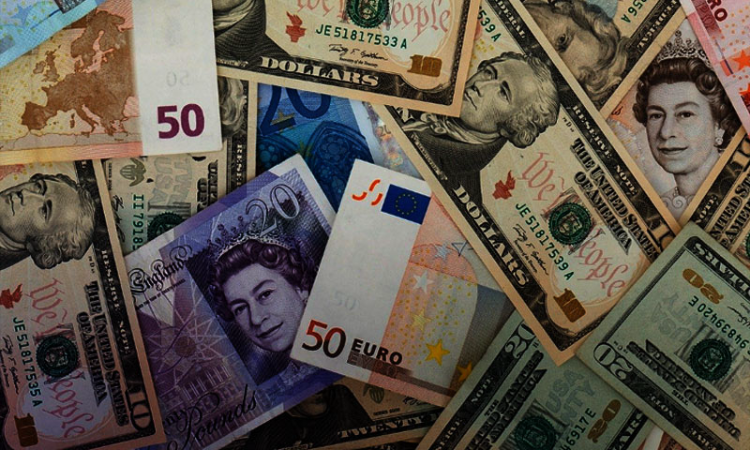Kerala High Court Acquits Man Over Possession Of Fake Dollar Bill, Says No Conscious Possession Or Intent To Use
K. Salma Jennath
8 Nov 2025 9:13 PM IST

The Kerala High Court recently acquitted a person, who was found guilty of the offence under Section 489C of the Indian Penal Code [Possession of forged or counterfeit currency-notes or bank-notes], for possessing a counterfeit 100 Dollar bill.
Justice Johnson John relied on the 2005 decision of the Supreme Court in K. Hasim v. State of T.N. to find that the offence under the provision is not restricted to the possession of Indian currency but applied to American dollar bills also.
The trial court had convicted the appellant and had sentenced him to 3 years' rigorous imprisonment and to pay Rs. 5000/- as fine. Assailing the finding of guilt and the sentence imposed, the accused came before the High Court.
The State Brief appearing for the appellant contended that the ingredients of the offence were not satisfied in the case. He submitted that there was no evidence to prove that the accused was aware that the dollar bill was counterfeit or to show that he attempted to exchange the same as genuine.
According to the statement given by the accused under Section 313 Cr.PC., he and four other headload workers working in Thiruvananthapuram airport were given the 100-dollar bill for helping a group of foreigners to load their luggage on a tourist bus.
After the foreigners left, they examined the dollar note and found that the middle of it was torn and pasted together. Thereupon, a fight ensued among them. Seeing the incident, the Sub Inspector took them to the police station but only he was implicated.
As per the mahazar, the PW3 SI saw the accused and PW1 quarrelling regarding the exchange of the 100-dollar note and to ascertain the genuineness of the bill, he approached a bank manager, who confirmed that it was counterfeit. Thereafter, accused was arrested.
During trial, PW1 and PW2 turned hostile and stated that they had no knowledge regarding the incident. Neither the Investigating Officer nor the bank manager were examined by the prosecutor.
The trial court convicted the accused based on the evidence rendered by the PW3 and by considering as substantial evidence, the portions of Section 161 CrPC statements of PWs 1 and 2.
The High Court opined that the trial court's reliance on the Section 161 statements was in violation of the mandate under Section 162 CrPC. It also found that there was no evidence to show that the accused had the intention to use the counterfeit as genuine.
It observed: “To attract the offence under Section 489C IPC, the prosecution has to establish that the accused was in possession of forged or counterfeit note with the intention to use the same as genuine or attempted to use the same as genuine. A perusal of the questions put to the accused under Section 313 of Cr.P.C., would show that no question indicating the conscious possession of the accused or his intention to use the note as genuine is seen put to the accused.”
The Court found that in the present case, PW3's evidence shows that he was also not sure if the dollar note was genuine or fake. Since the prosecution has no case that the accused attempted to escape or carried other contraband, it felt that the accused was entitled to the benefit of doubt.
Thus, it allowed the appeal and set aside the conviction and sentence imposed on the appellant.
Case No: Crl.A. No. 318 of 2009
Case Title: Abdul Hakkim v. State of Kerala
Citation: 2025 LiveLaw (Ker) 719
Counsel for the appellant/accused: Thareeq Anver
Counsel for the respondent: Hasnamol N.S. – Public Prosecutor


